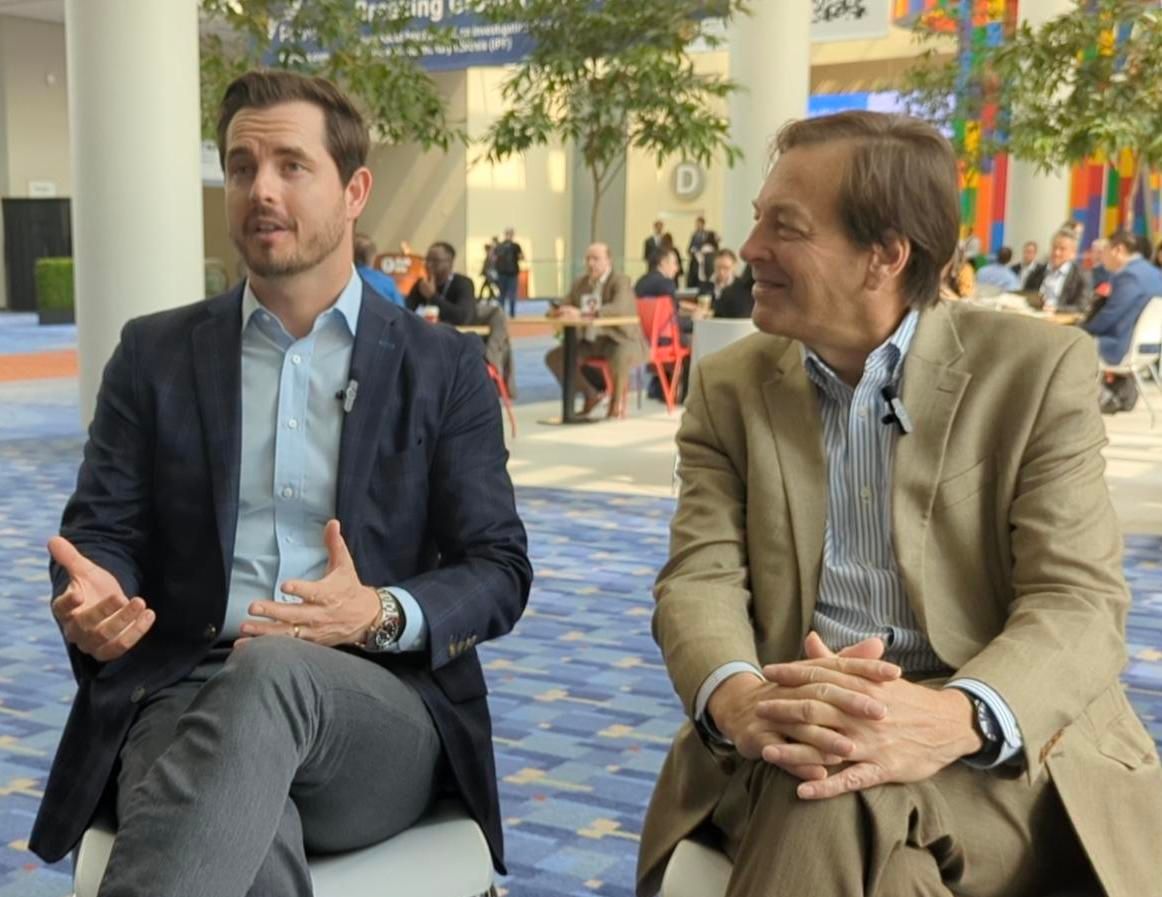Article
Real-World Data Show Breztri's Timely Use Decreases Exacerbation Risk in COPD
Author(s):
“We all know that exacerbations are the most costly disease impact of COPD,” study investigator Dr. Charlie Strange says.
HCPLive interview at ATS 2023 on EROS, EXACOS- CV US late-breaking data.

“We all know that exacerbations are the most costly disease impact of COPD,” EROS study investigator professor Charlie Strange, MD, from the Medical University of South Carolina, explained in an interview with HCPLive.
EROS real-world outcomes data presented at the ATS 2023 International Conference in Washington, DC, exhibited prompt initiation of Breztri Aerosphere, a fixed-dose triple-combination therapy for chronic obstructive pulmonary disease (COPD), was associated with a reduced risk of future exacerbations.
“In our area, this was a study looking at the triple combination of steroids given at the time index exacerbation,” Strange said.
The investigation analyzed information on more than 2400 patients with COPD collected from a claims database registry. The intervention was a combination of budesonide, glycopyrronium, and formoterol fumarate, labeled Breztri.
According to the results, initiating Breztri within 30 days of a qualifying moderate or severe exacerbation resulted in a 24% lower risk of future exacerbations compared with delaying treatment by 1 - 6 months. With delayed treatment of 6 months to 1 year, the risk of exacerbations increased by 34%.
"If you're already on the guideline-directed LABA/LAMA therapy or LAMA-LABA-ICS therapy, there was still an additional benefit of reduction of exacerbations and reduction in cost,“ Strange said.
Strange emphasized the importance of real-world evidence, explaining it builds upon the existing clinical evidence and demonstrated Breztri's effectiveness in reducing COPD exacerbation rates while significantly lowering the risk of future exacerbations when used just after worsening symptoms.
“This is where we can see the true impact of medicine in actual patients,” Norbert Feigler, MD, Senior Medical Director of Respiratory at AstraZeneca said.
In another late-breaking presentation at ATS 2023, the EXACOS-CV US retrospective cohort study using the HealthCore Integrated Research Database showcased the increased risk of severe cardiovascular (CV) events following an acute COPD exacerbation.
Norbert Feigler, MD, and Charlie Strange, MD, at ATS 2023

Feigler stressed the need to improve outcomes for patients with COPD, as it is the third leading cause of death worldwide. The EROS and EXACOS-CV studies contributed to the evidence of significant cardiopulmonary risks faced by the COPD population. Furthermore, it highlights the potential to reduce exacerbations through proactive treatment with Breztri.
The study revealed that the risk of a severe CV event, such as stroke, heart failure, pulmonary embolism, arrhythmia, or heart attack, rose by 32% within the first 30 days after a single acute moderate or severe COPD exacerbation, compared to individuals without a prior COPD exacerbation.
The highest risk was observed in the first 90 days following the exacerbation and remained elevated for 1 year. Further exacerbations were associated with even higher risks of acute CV events suggesting patients with COPD, including newly-diagnosed individuals, should be considered at risk of cardiopulmonary events following an acute exacerbation.
In addition to these studies, AstraZeneca presented more than 50 abstracts at ATS 2023, which provided late-breaking data including post hoc analyses from the NAVIGATOR phase 3 trial, the efficacy of Tezspire in patients with severe, uncontrolled asthma irrespective of prior omalizumab use, as well as its effectiveness in improving rhinosinusitis symptoms in patients with a history of comorbid nasal polyps.





